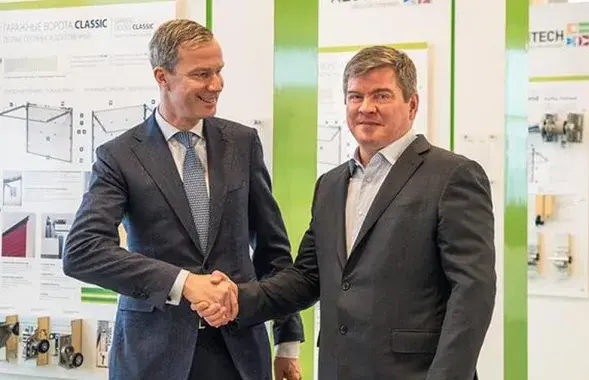Sikorski: Principle of “more for more” is used for EU partners
The more EaP member states want to cooperate with the EU, the more they will get.
Polish Minister for Foreign Affairs Radoslaw Sikorski described the principle of interaction with the Eastern Partnership member states this way. He made a speech at the Civil Community Forum taking place in Vilnius at the same time as the Eastern Partnership summit.
Radoslaw Sikorski: “The more you wish to recognize our help in modernising your institutions, the more generous we will be. There is a whole range of relations depending on the level of interest and reforms in the Eastern Partnership.”
However, not all the assistance rendered by the EU should be measured in money, Swedish Minister for Foreign Affairs Carl Bildt advised.

Carl Bildt: “It is not always a big sum of money, billions spent on our partners. Usually, it is our attempts to help those interested in modernising their economies. We cannot help those who want to preserve the policy of stagnation and authoritarianism.”
This policy of “division”, the policy of “giving more for more” is fair, European Commission representative Michael Kohler said. It will be continued.
Michael Kohler: “It will depend on their desire to sign agreements with us (association agreements – Euroradio) and closely cooperate with us. You have already seen the policy of “more for more”: look at the statistics of financial assistance rendered by the EU to members of the Eastern Partnership. If we divide the assistance by the number of citizens, we will see that Moldova is getting more from the EU than all the other states in the world. It depends on progress, on their understanding of the European choice.”
The system will be preserved in the future, European politicians warned. There is practically no place for Belarus in this system, they added. Unless the country does not change its attitude to the European integration.


















